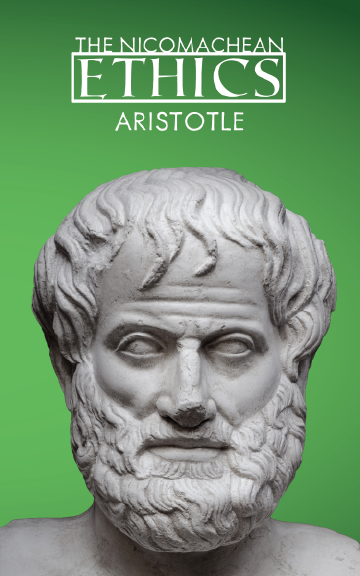The Nicomachean Ethics
The Nicomachean Ethics
Immanuel Kant believed in a system of categorical and hypothetical imperatives governing moral and ethical action. Georg Hegel disagreed, arguing that self-interest has a role to play in humanity's ethical understanding. Schopenhauer disagreed too, advocating for moves away from Kantian theoretical morality towards more concrete, practical-based considerations. It's far to say that the debate on the nature and character of ethics has raged for centuries.
We have Aristotle to thank for this. While Socrates and Plato had been unravelling ethical concerns before Aristotle, it was Aristotle himself who named this field and who truly began to develop this rich area of philosophical study and discourse. In The Nicomachean Ethics, the Ancient Greek thinker outlines his own understanding of morality and virtue in the practical contexts of humanity and society. And yet, he also poses questions, analyzing potential counterviews and disagreements to his own treatise. For anyone seeking to get to the root of one of philosophy's age-old questions — or for anyone who wishes to understand more about the mind of one of the greatest thinkers in human history — The Nicomachean Ethics is an excellent point at which to begin.



